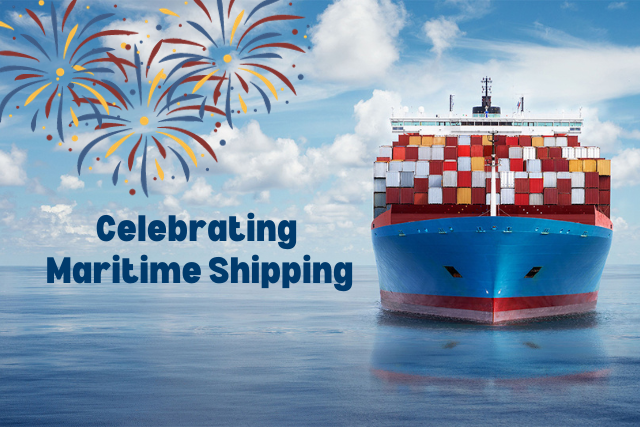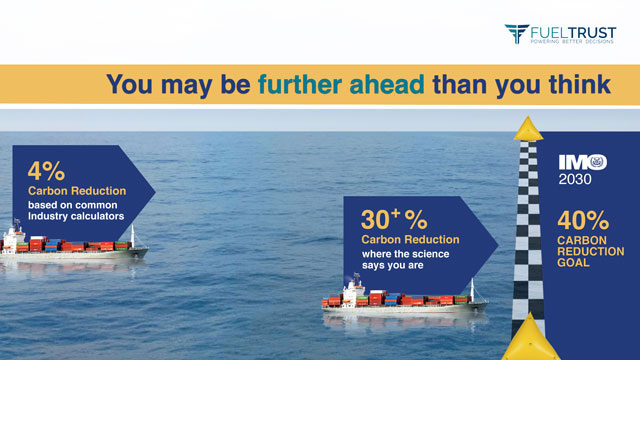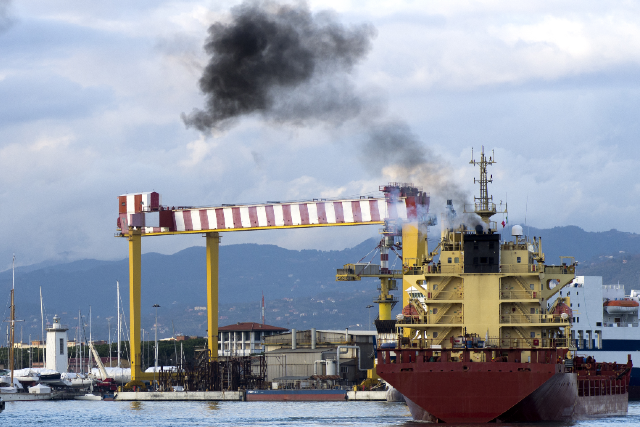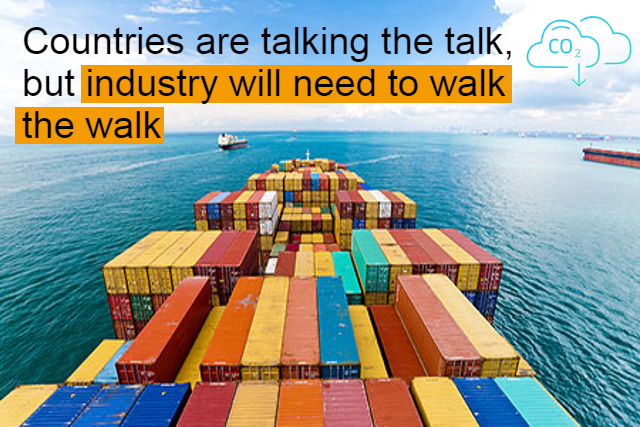If the Singapore contamination episode in early April 2022 has taught us anything, it’s that shipowners and operators – as well as suppliers – are all still susceptible to receiving poor quality bunker fuel, and that risk remains significant.
At the time of writing, around 200 vessels at the country’s port have suffered technical issues, with 80 reporting serious fuel pump and engine problems. Other relevant and costly issues include blackouts, engine damage and the need to debunker.
The cause of the Singapore contamination has been attributed to a batch of high sulphur fuel oil, itself worth more than US$120 million, containing high concentration levels of chlorinated organic compounds. As of late April, we’ve seen the problem expand to a global one, with the same contaminant found in bunkers in Houston, US, and de-bunkering of contaminated vessels being facilitated by terminals in Fujairah.
The spread to the US comes four years after the 2018 fuel crisis, when contaminated fuel sold from the port of Houston affected a large volume of vessels around the world. Lawsuits for damages following that incident are still ongoing, suggesting that this latest episode in April will have major financial implications for years to come.
Widespread fuel contamination comes at a big cost
Insurance claims for disruption to cargo delivery and damage to machinery alone could easily run to hundreds of millions of dollars. There are also the costs that shipowners and operators must bear for repairs, vessels out of operation while being fixed, and potential penalties for failing to meet contractual agreements.
These incidents should serve as a stark warning to shipping companies of the risks of failing to understand the source and quality of the fuel they burn – and why an early warning system is desperately needed. A single batch of bad fuel can not only have a huge financial impact on the maritime industry, it also has a reputational impact on suppliers.
Transparency based on trust – the way forward
What the maritime sector needs is an early warning system, a shared source of truth, that allows buyers and suppliers to know the quality of the fuel they are using – not simply more testing, as some in the industry suggest. Transparency between counterparties in the fuel supply chain is the answer to protecting shipping companies and suppliers from handling or receiving bad fuel.
That’s where we can help. FuelTrust’s Bunker Insights product, powered by our AI Digital Chemist™, provides fuel suppliers and vessel operators transparency and traceability across the lifecycle of bunker fuel. Using artificial intelligence and blockchain technologies in our products to establish a shared digital record of the movement, measurement, and molecular makeup of fuel, we analyze and identify chemical risks in fuel to provide an early warning to ship owners and bunker suppliers.
FuelTrust ensures privacy through our blockchain-based Risk Provenance® Platform™, which provides data security through encryption and permissioned transparency, so suppliers need only share this information with their commercial partners – giving them permissioned transparency but not at the cost of competitiveness. FuelTrust’s use of digital technologies, featuring no hardware or manual resource, means insights are available at very low cost – just a few pennies per barrel.
Using Bunker Insights, fuel suppliers can identify where a batch of fuel came from, what changes happened to it over its lifecycle, and how it will operate in a particular engine under specific conditions, enabling us to make extremely fine predictions about what happens during combustion. FuelTrust provides alerts when our AI detects anomalies or non-compliant fuels before they are bunkered, saving suppliers and shipowners from reputational, operational, and commercial damage.
Widespread fuel contamination is easily preventable with the right technology. Transparency and traceability can drive profitable change in the bunker fuel industry, by establishing trust between counterparties and offering suppliers and buyers clarity on what they’re handling. While vessel owners and operators deal with the fall out of the Singapore incident, fuel suppliers can start making changes to how they handle and share information about bunker fuel, ensuring they prevent further fuel crises in the shipping industry.








